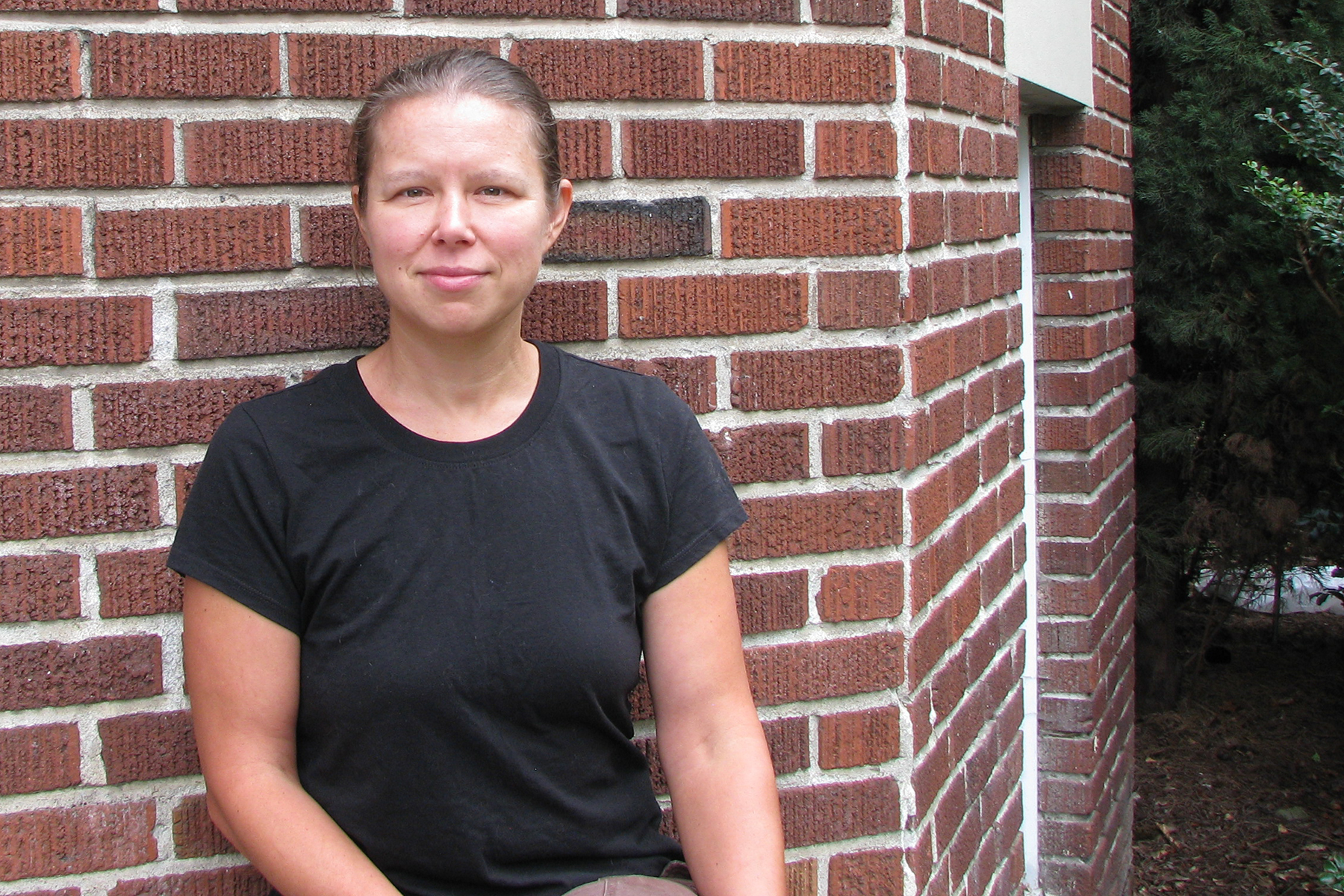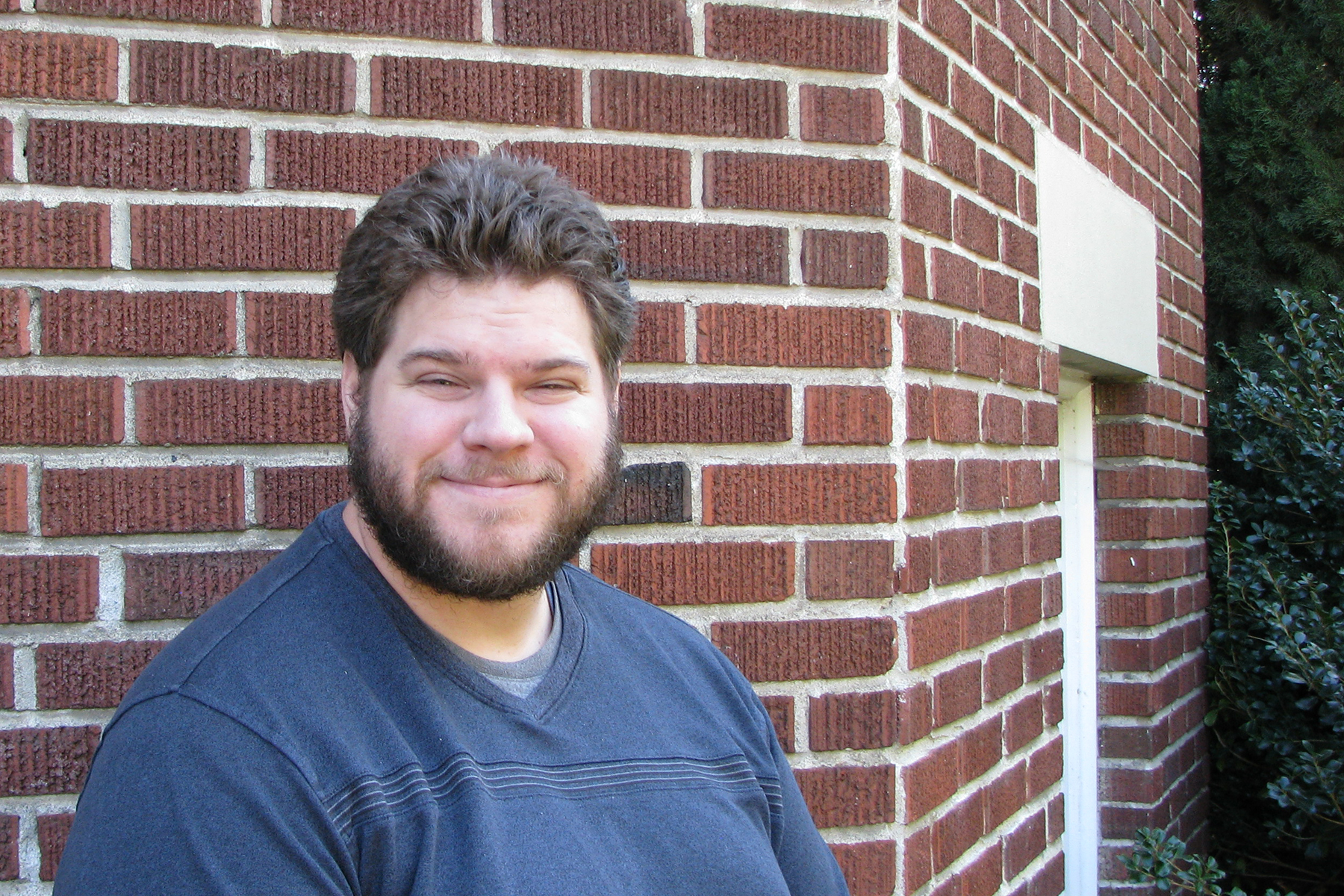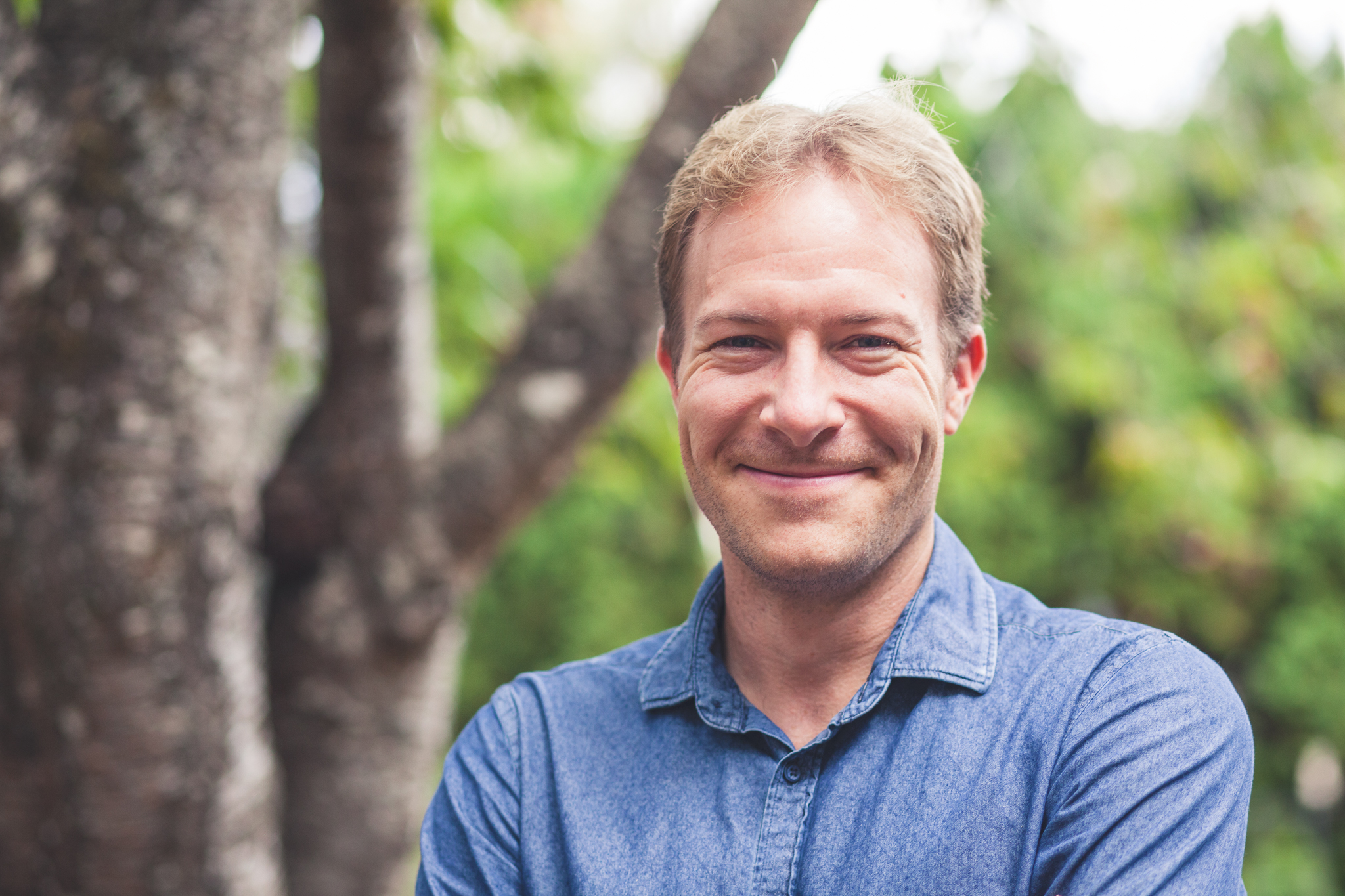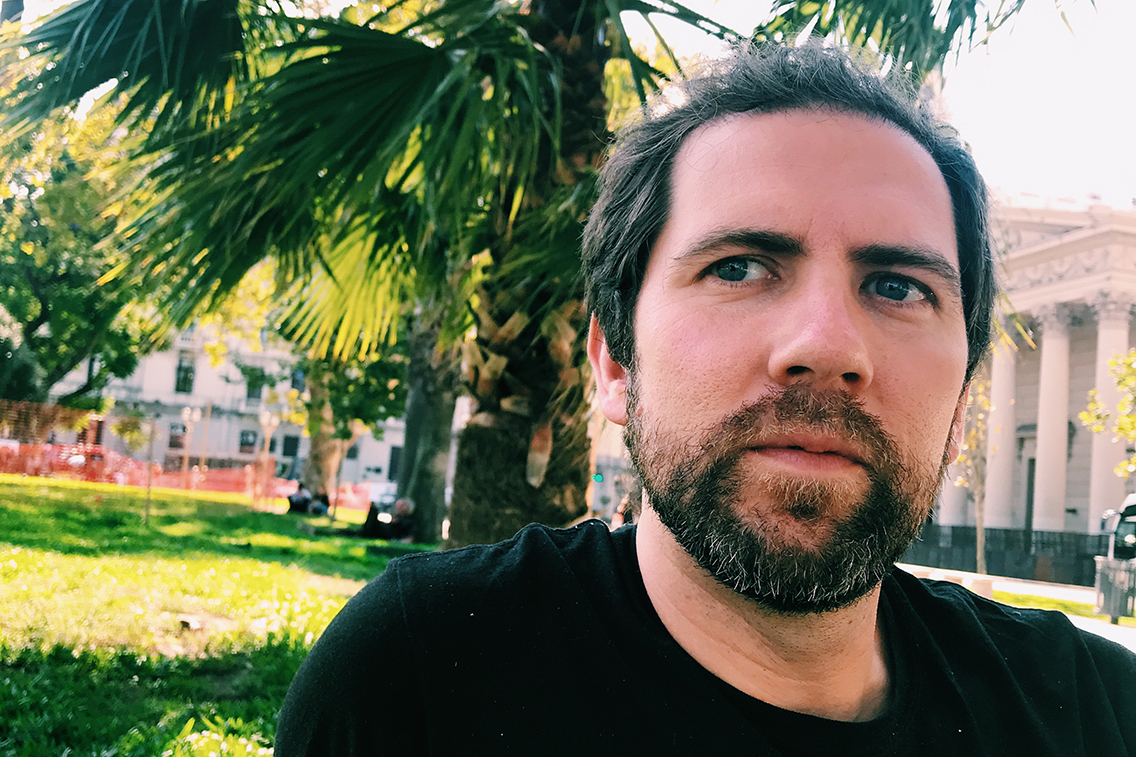A Common Fear: Current Perspectives on Tyranny from the Left and Right
Online Zoom Oregon (PST)On January 13, Chris Swanson will give the first talk in the series "The Gutenberg Dialogues: An In-depth Look at Tyranny." Two notable books about tyranny have been published recently: On Tyranny (2017) by Timothy Snyder and Live Not By Lies (2020) by Rod Dreher. Both books were on the best seller lists, with On Tyranny hitting the [...]








